A mother has told of her four-year battle to get mental health support for her daughter – which left the parent feeling suicidal and referring herself to social care.
Jill Harrison, 46, of Sunderland, Tyne and Wear, told the Daily Mail her 11-year-old Amber, who she called an ‘absolute peach’, is only now getting the help she needs.
They have been handed from service to service, all the while her beloved child, known to her family affectionately as ‘Ambi Bambi’, has expressed suicidal thoughts and screamed, cried and bashed her head on her way to school.
At one stage, the full-time mother even referred herself to social care for a child in need assessment: ‘I’ve said, “I’m actually concerned, I’m putting a safeguarding request in from my own family, that’s how desperate I am”.’
And even that ended up causing more harm than good: ‘Even them, they, honestly, come in, they’re intrusive.
‘It takes a lot to be vulnerable and open yourself up and then all I felt was criticism by them as well.
‘They were just basically saying that I need to declutter my house and that it was unsafe, which – there’s no understanding of the whole holistic picture.’
Mrs Harrison said the situation has left her feeling suicidal at points: ‘It’s broken us. I’m just a shadow of the person I was.
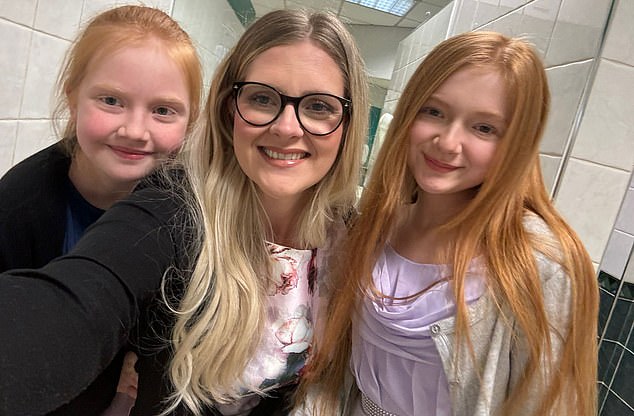
Jill Harrison (centre), 46, of Sunderland, told the Daily Mail her daughter Amber (left, with her sister Isla, 12, right), who she called an ‘absolute peach’, is only now getting the help she needs after a four-year battle
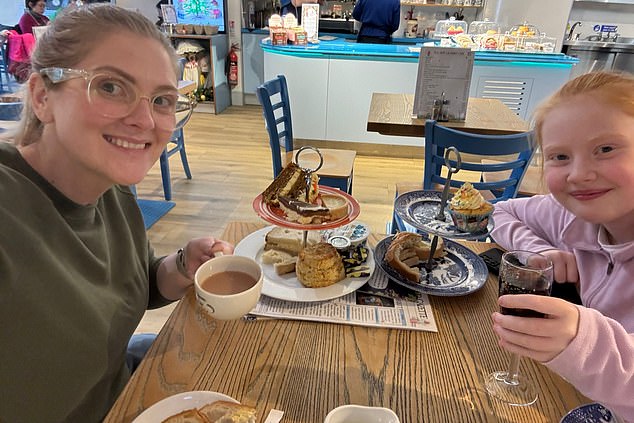
Amber (right, with her mother Mrs Harrison, left) also has several physical health issues, including a progressive nerve condition called Charcot-Marie-Tooth disease, which causes muscle weakness, numbness and walking difficulties
‘It’s at the cost of your own sanity and your own pleasures in life.
‘You just feel like you’re an appendage because you’re just having to advocate for everyone else’s needs for so long and it just gets really tiring.’
The mother is finally getting the support she needs, from the NHS but also from an app called Orli Health, which has games, tips and exercises to support children with mental health difficulties and their parents.
But it has been – and continues to be – a long road to get there.
Amber also has several physical health issues, including a progressive nerve condition called Charcot-Marie-Tooth disease, which causes muscle weakness, numbness and walking difficulties.
She also has hypermobility and a duplex kidney, where a part of it is duplicated, sometimes causing infections or incontinence: ‘Bless her, she’s actually got everything!’
Amber has always had ‘quirks’, as the family used to say when she was little: ‘She was always a little bit awkward.
‘She didn’t like to wear socks and shoes and she was quite stubborn.’
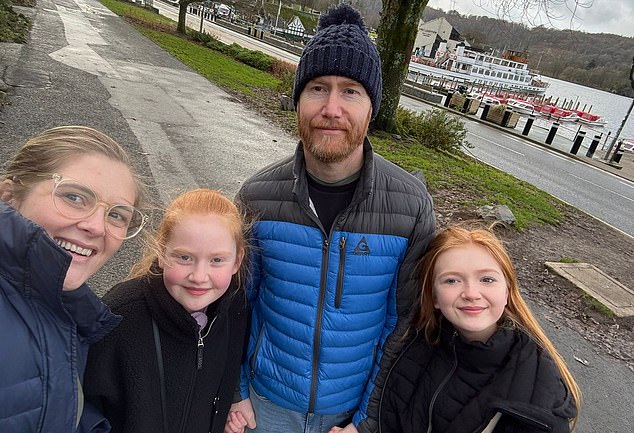
But constantly handed from service to service, Mrs Harrison (left, with Amber, second left, Isla, right, and dad John Paul Harrison, 46, second right) said the situation has left her feeling suicidal at points: ‘It’s broken us. I’m just a shadow of the person I was’
But their fight to preserve her mental health really began in lockdown, when Amber’s anxiety and ability to emotionally regulate massively deteriorated.
‘When school and home got all muddled and jumbled, she just struggled to cope’, her mother said.
Some mornings see Amber ‘looking sad and finding places to hide in the house’, ‘making herself little dens under the blankets’, unable to go to school because she is struggling so much.
A couple of anxious days have a cumulative effect, leaving her unable to even put her own clothes on as she is in such ‘massive distress’.
‘Crying, screaming, kicking and rocking in the car, head banging, just real distress’, Mrs Harrison said.
And with Amber and her sister Isla, 12, at different schools, it can sometimes be so hard to get Amber to school that Isla ends up late, entering school in tears.
Mrs Harrison’s husband John Paul Harrison, 46, has taken time off work to do the school runs recently: ‘I’m actually terrified of him going back to work because I just don’t know how I’m going to cope on my own.
‘Because it is literally a two-man job, getting her ready, I mean, three-man, because it’s Isla as well.’
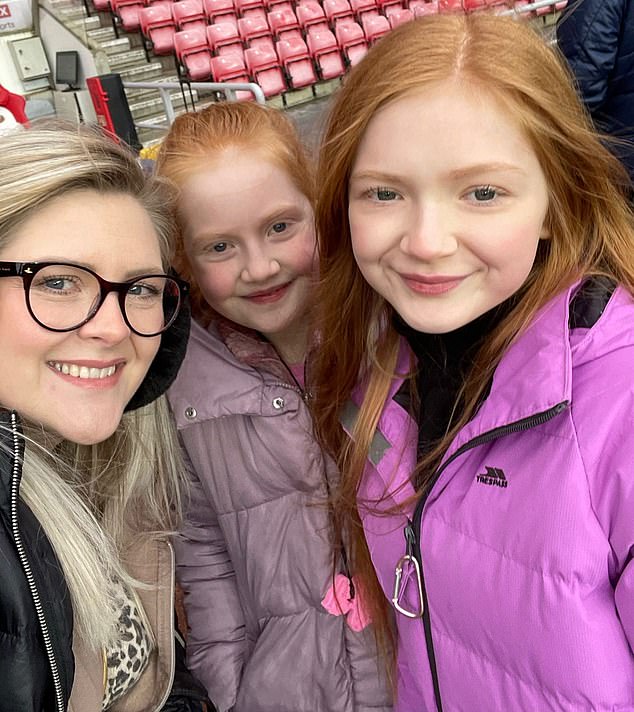
Their fight to preserve Amber’s (centre) mental health really began in lockdown, when her anxiety and ability to emotionally regulate massively deteriorated
And the years since things began to get worse have been spent being passed from service to service – leaving Mrs Harrison feeling alone and totally without support.
Amber was referred to the NHS’s Child and Adolescent Mental Health Services (CAMHS) in March 2021 and first seen around a month later.
She was escalated on to the local NHS trust’s Children and Young People’s Services (CYPS) in October that year.
But she only actually saw someone on this service more than six months later, in May 2022.
‘By this point, Amber’s anxiety and distress had worsened significantly and she had started struggling to attend school and cope day to day’, Mrs Harrison said.
It was during an assessment under this service in March 2023 that it was concluded Amber did not have autism – a diagnosis the family had long thought might have explained her difficulties coping with the challenges of daily life.
‘I can’t even put it into words’, Mrs Harrison said: ‘We were left reeling because we thought if we got a diagnosis, support would come but it wasn’t really the case.’
Throughout this time bouncing between services, she had to resort at one point to forking out for private occupational therapy to get advice on helping her daughter.
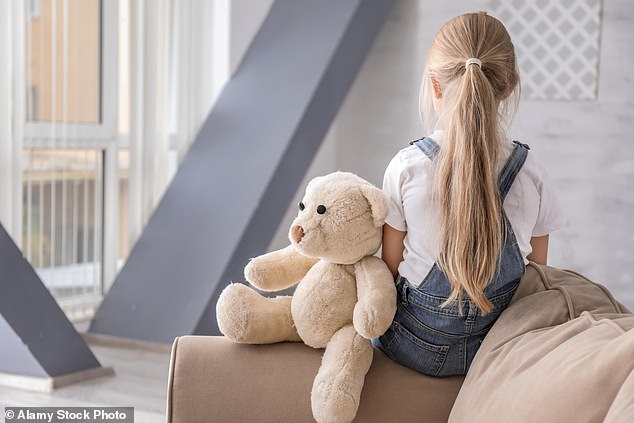
And the years since things began to get worse have been spent being passed from service to service – leaving Mrs Harrison feeling alone and totally without support. Pictured: File photo
‘All of this time, I’m struggling, because no one else sees what’s going on behind closed doors. And I think it was in desperation, you do anything’, she said.
Amber did access some help under CYPS, including art therapy, and the service backed the diagnosis of sensory processing difficulties they had obtained privately.
But there were yet more difficulties to come – as it was in this period Amber made the horrifying admission she wanted to end her life.
Mrs Harrison called the NHS crisis helpline – and rather than the empathy and support she desperately needed, she received a totally shocking response.
‘They simply told us to remove all the knives from the house and delete every app from Amber’s phone’, she said.
‘I felt dismissed. The onus was entirely put back on me to manage her mental health and keep her safe.’
Only in May this year – more than four years after she first entered the mental health support system – did Amber enter Newcastle’s Complex Neuro-Developmental Service (CNDS).
They spent 18 months on the waiting list for this second opinion service, provided for families with uncertainty around whether their child has autism or not.
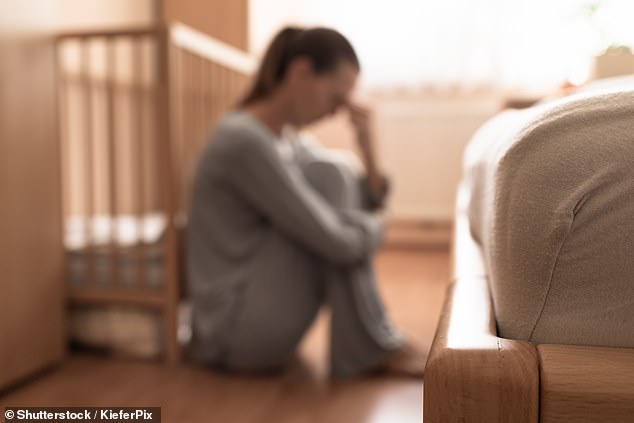
Mrs Harrison said: ‘When you don’t have anything to bridge the gap in the meantime, everything spirals, your whole life’. Pictured: File photo
And under the service, they are on the way to obtaining an anxiety diagnosis and treatment plan for Amber – which will massively help.
Mrs Harrison praised it hugely: ‘The support we’ve had and the way that they are deep diving into what it could be now, it’s invaluable, it’s amazing.
‘I just wish it had happened three years ago, because I could see it unravelling and I was trying to be proactive but when you don’t have anything to bridge the gap in the meantime, everything spirals, your whole life.’
And Orli Health has been a massive part of the solution too: ‘When you’re in a place where you feel like you don’t know how you’re going to get through the next hour… just having that outlet and people who understand, is huge.’
Its co-founder, former A&E doctor Dr Mark Cox, totally understood – and created the app because Mrs Harrison is not alone, with around 600,000 young people in the UK on waiting lists for mental health support.
‘We just do not have the level of capacity to provide the number of assessments, the number of treatments, the number of mental health sessions and support that that we currently offer by the NHS, we just do not have the ability to do that at the scale that is required.’
Mrs Harrison said: ‘The validation from organisations like that helps parents keep going as well because otherwise you feel like you’re going insane.’
But the mother has ‘absolutely fought tooth and nail with everyone’ to get there, consulting every charity, doctor and parent support group she could think of.
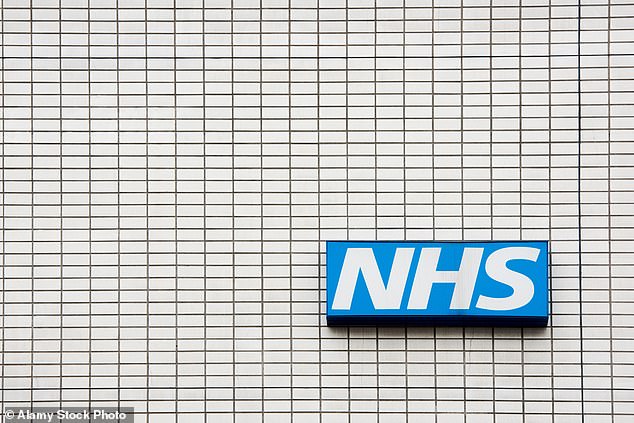
The mother has ‘absolutely fought tooth and nail with everyone’ to get Amber the support she needs, consulting every charity, doctor and parent support group she could think of. Pictured: File photo
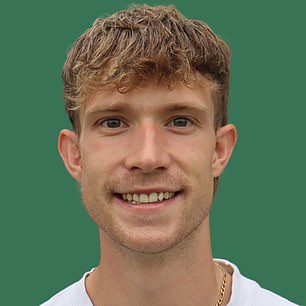
Orli Health co-founder, former A&E doctor Dr Mark Cox (pictured) created his app because Mrs Harrison is not alone, with around 600,000 young people in the UK on waiting lists for mental health support
‘You’re just struggling on and not really having any real form of direction and just trying to do what you think is best’, she said.
Of their continued fight for an autism diagnosis for Amber, she said: ‘You’re trying to say, “Right, where’s the chink in the armour? Why have they said no? What evidence have they got from school?”‘
And the whole process has taken an irreversible toll on the whole family.
Mrs Harrison’s other child Isla acts as a young carer for Amber and her mother, who struggles with her health too, with the same progressive nerve condition as Amber.
‘I’ve seen how she helps Amber every single day to keep her regulated and she plays games with her to help her get her clothes on and I don’t know what I would do without her but I’ve seen the toll it takes on her’, Mrs Harrison said.
Of her own health problems, she added: ‘I don’t want to have to beg for support because I’m in crisis myself. It’s exhausting.’
Even though the family is now on a relatively more stable path, it remains a struggle to get through every day – and the hurt from the lack of consistent support may stay with them forever.
Mrs Harrison said: ‘As soon as you reach out for help, it’s not just for the craic.
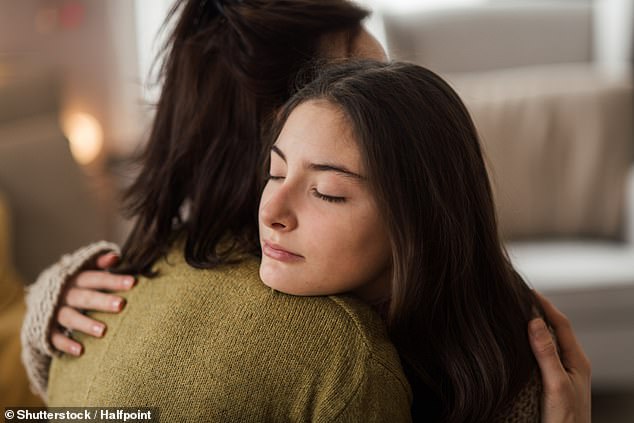
Even though the family is now on a relatively more stable path, it remains a struggle to get through every day. Pictured: File photo
‘You’re not just thinking, “I think I might do this today”. You’ve tried everything in your toolbox and it’s not working…
‘You have to be prepared to say, “I need help as a parent”, which is a hard thing to do.
‘You don’t want to feel like you’ve let your child down but you’re exposing yourself. You’re being vulnerable.
‘And then you feel like you’re just kind of on a bit of a string. And they say, “Jump”, and you say, “OK, how high?”
‘And then when you actually need to tap in again to say, “Actually, this is getting more and more at a crisis point”, you’re not being heard.’
Together for Children, which delivers children’s services for Sunderland City Council, commented on Mrs Harrison’s encounters with social care.
It said: ‘While we can’t comment on an individual case, where anyone comes to us struggling with their own or their child’s mental health, we will always do our best to help them seek support by putting them in touch with the appropriate NHS mental health services.
‘In some cases, this may include carrying out a holistic child in need assessment looking at all aspects of a child’s life to determine what if any additional help is needed to support the child and their family.
‘Sunderland Children’s Services was judged to be outstanding in its recent inspection in January 2025, with the inspection report noting that Children in Sunderland receive highly effective and consistent help, support, protection and care.’
A spokesperson for South Tyneside and Sunderland NHS Foundation Trust said, regarding Amber’s time under CAMHS: ‘We carried out an assessment for this patient following a referral to our services.
‘We offered and completed treatment within a short period of time after this. We have also listened to Amber’s family’s concerns and have offered wider support.
‘We made an onward referral to another mental health service provided by another Trust following the end of her treatment and this was accepted.’
A spokesperson for Sunderland CYPS said: ‘The NHS is seeing record demand for mental health support and staff are working extremely hard to care for more children and young people than ever before.
‘Our Children and Young People’s Services have worked closely with commissioners and partners to address this demand.
‘Getting our service users the right support at the right time is our top priority.
‘While we cannot comment on an individual’s care, we are developing better ways of working to improve people’s experience of our services.
‘We have acted on feedback from parents and carers and have reviewed how we undertake neurodevelopmental assessment.
‘We have worked to improve and adapt initial assessment appointments to ensure the needs of young people are met and to ensure we provide a holistic, needs-led approach.
‘We have also worked to improve our links with health and education colleagues to increase awareness and understanding of neurodiversity in young people.’
